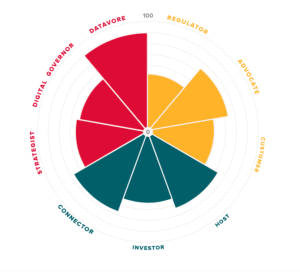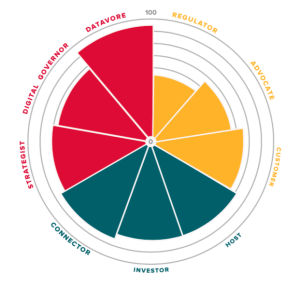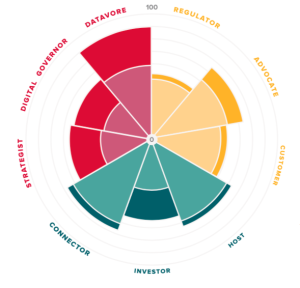European Innovation Leaders: Helsinki, Scandinavia
By Tarmo Virki | Nordics | December 5, 2015
Helsinki and other Nordic capitals are showing the way for the rest of Europe in creating the best conditions for innovation and startups, showed a CITIE study published at Slush startup conference.
Helsinki was the top Nordic capital – making it to the global top 5 alongside London, New York, Barcelona and Amsterdam – but each Nordic capital stood out in the ranking: Copenhagen with the wide ecosystem, Oslo with advocacy efforts around the world and Stockholm with impressive investment in next generation talent.
City Initiatives for Innovation, Technology and Entrepreneurship (CITIE) research, led by Nesta, Accenture and the Future Cities Catapult, tested cities from around the world in three key areas:
* openness to new ideas and businesses
* how a city optimizes its infrastructure for high-growth new businesses
* how it weaves innovation into its own activities
The Nordic innovation glue
The relative strength of the region in the Infrastructure dimension – in optimising the city space to encourage innovation – highlights how all four Nordic cities have recognised the importance of digital and physical connectivity.
“Entrepreneurs need to be able to move around the city with ease, and be able to access the high-speed internet while they do so,” the study said.
The four Nordic capitals are not just the hosts of the co-working spaces, incubators and accelerators that enable the rapid development and scale of innovation but are beginning to actively engage in ensuring their success.
In open data, there is a clear trend whereby Nordic cities due to a closer relationship to their national governments, benefit from national initiatives, open data strategy and platform development. The City of Oslo’s data is published on a national portal, that is run by the Norwegian Agency for Public Management and eGovernment (Difi). All four cities draw on city-generated data to inform policy and support the publication of Open Data in the Datavore policy role.
However, across the Nordic region, city governments have generally taken a passive approach to disruptive new business models such as Airbnb and Uber.
With a strong entrepreneurial and tech cluster, even after the demise of Nokia cellphone business, Helsinki area has recently produced successes such as Rovio and Supercell. Even as Nokia phones business has shed tens of thousands of jobs, the company was helping departing employees to found their own startups.
When compared to European cities the Nordic cities on average perform strongly across all policy roles, and often out-perform their European counterparts by a significant margin, particularly across the leadership roles.
“This consistency in the average of the Nordic city profiles is a reflection of their recognition of the importance of building up all nine policy roles, and how good policy in one area can support similarly high standards in another,” the study says.
The study
Most such studies are done on country-level – why the deep-dive into city-specific metrics?
“Entrepreneurs thrive at city-level, often in neighbourhood clusters within cities, and it’s these rather than countries that are the relevant entities when it comes to optimizing for innovation and startup activity,” Neil Rimer, co-founder of Index Ventures, said in a foreword of the study.
Cities are crucial for young people in their 20s and 30s who are usually the key drivers of startups.
“People of that age want to live in an exciting, stimulating city that reflects their own values and aspirations, and inspires them to pursue their dreams. They want a place that is always changing, and constantly offers opportunities to try new things, to learn, to be entertained and delighted,” Rimer said.
So for any mayor reading this blog note for finding a quick fix to their innovation dilemma we have disappointing news.
“There is no single silver bullet. However, there are principles that the best-performing city administrations share. Namely, they ensure very different policy areas are joined up, while championing innovation across departments. They are “open by default”. And they operate more like startups than local government. In other words, they’re open to fresh ideas, and they prototype, iterate and design around users,” said Rimer.







